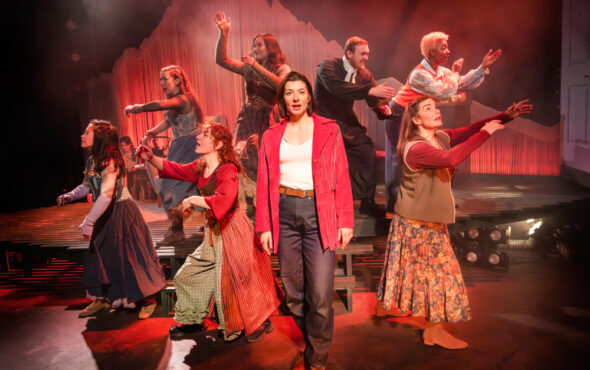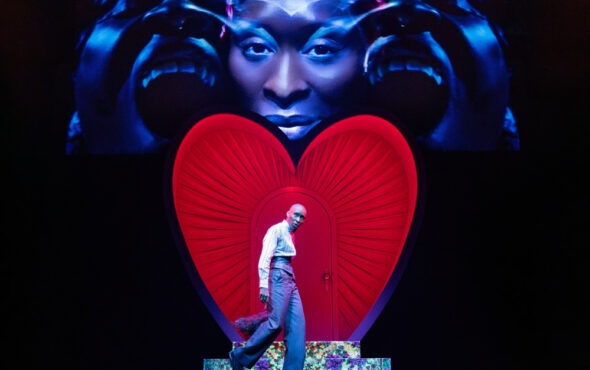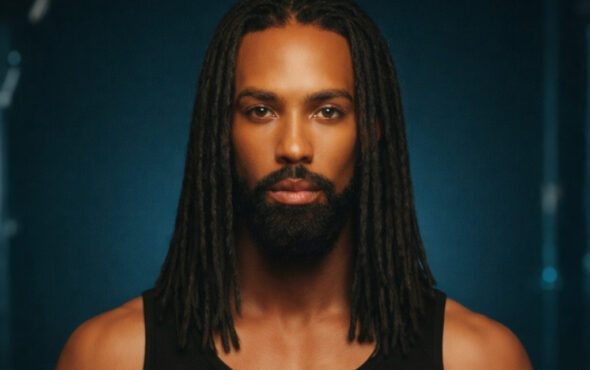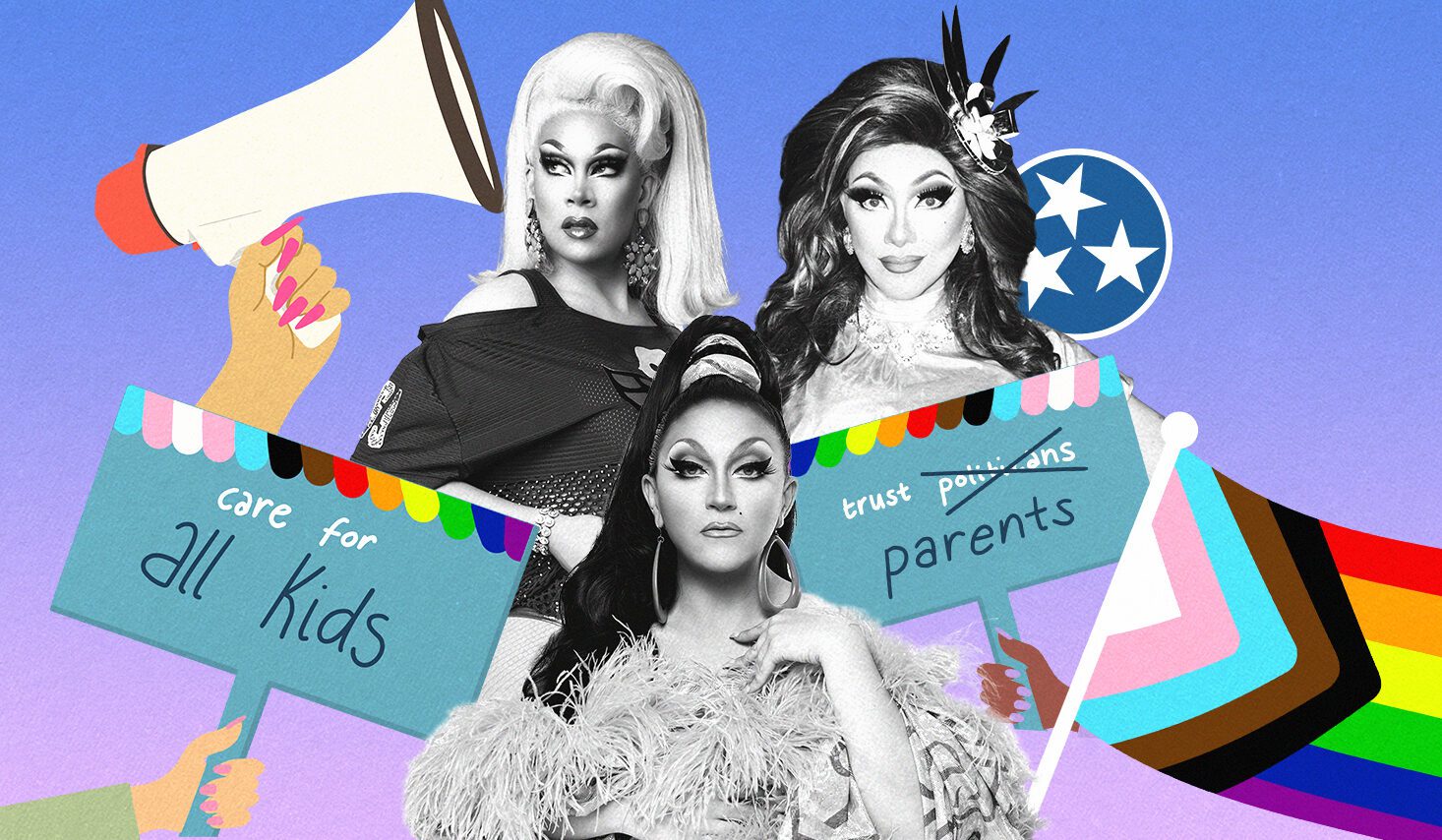
Drag is under attack in the US. At least 14 states have introduced bills seeking to restrict it, with Tennessee recently becoming the first to ban public drag performances entirely. SB003 prevents drag shows from taking place within 1,000 feet of a school, church or park if there is any possibility of a minor seeing – even if it is only through a window. “It’s very hard to focus and figure out what the hell is going on, what to think of it and what to do about it,” says BenDeLaCreme, one of the world’s most famous drag queens, who is best known for being a two-time competitor on RuPaul’s Drag Race and has headlined sold out shows across the world. The star, who also goes by DeLa, describes the anti-drag push coming from Republicans as so “overwhelming” that it can be “hard to even have a reaction” to it. She continues: “It’s really, really scary, the breadth of this and, within the vagueness, which is so confounding, they’re essentially making bills where there is so much room for interpretation and no objective understanding of how this phrasing works in terms of, what are public spaces? What is accessible to children?”
The “vagueness” of the bill which DeLa highlights is something that has many performers in Tennessee concerned. Although SB003 doesn’t explicitly mention “drag shows”, it redefines “adult cabaret” as “adult-oriented performances” that include “male and female impersonators” which should not take place anywhere minors could be present. During early hearings, lawmaker Chris Todd went as far as declaring that he believed “fully clothed” drag artists who were accidentally seen through the window of a party bus by a minor should be arrested – though whether or not it will be enforced in such an extreme way remains unclear.
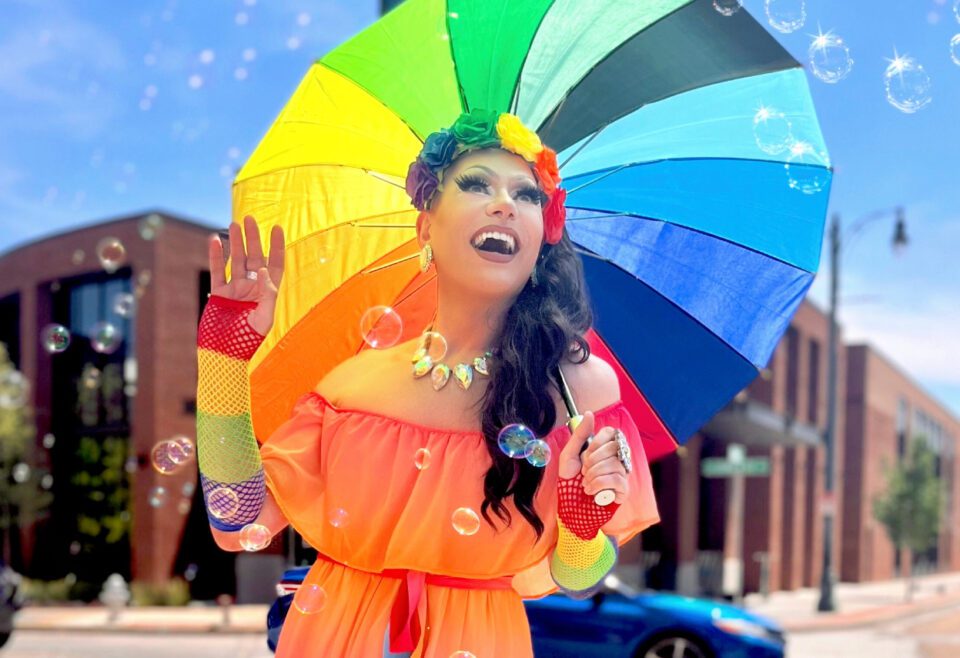
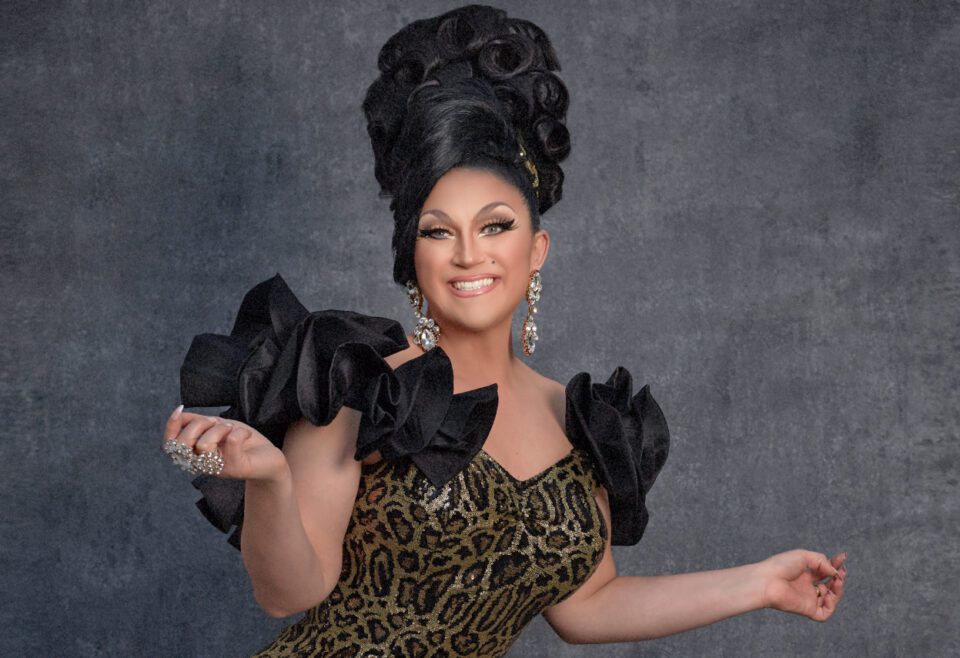
Bella DuBalle, a drag queen based in Memphis, tells GAY TIMES she will “absolutely not” comply with the legislation when it takes effect on 1 April. “I am not an adult cabaret artist,” she says. “What I do on stage is not prurient and so, as far as I’m concerned, this law does not apply to me.” Every Sunday, Bella hosts a family-friendly drag brunch at Atomic Rose, a nightclub where she works as the show director and host. She says the venue has been “very adamant” that its shows will proceed as normal. “I will continue my all-ages brunches every Sunday and I will welcome minors that are there with their parents in, as I always have,” she states. “I’m not going to comply with this legislation because I don’t agree with it and I don’t think that a just society obeys and upholds unjust laws.”
Drag performers in Tennessee are anxiously waiting to find out what SB003 will mean for them in practice. “We really don’t know to what extent it’s actually going to go into effect,” says Vidalia Anne Gentry, a Nashville-based drag queen known for founding and hosting SiSSi, an all-inclusive drag competition. Like Bella, the venues she works with are “moving forward as is” and she is remaining “hopeful” but “trepidatious” given the uncertainty surrounding the legislation. “It’s just really frustrating because they don’t want to clarify it and, the thing is, with the supermajority that they hold in Tennessee, the bill was going to pass regardless of how it was worded,” Vidalia explains. “They know these bills are ridiculous and probably know in the long run that they won’t actually end up sticking. I think the point beyond anything is to try to terrorise a liberal and leftist ideological voter base in these states that are becoming increasingly ‘purple’ because they know that they’re losing their stronghold…They’re not stupid. They’re evil, but they’re not stupid.”
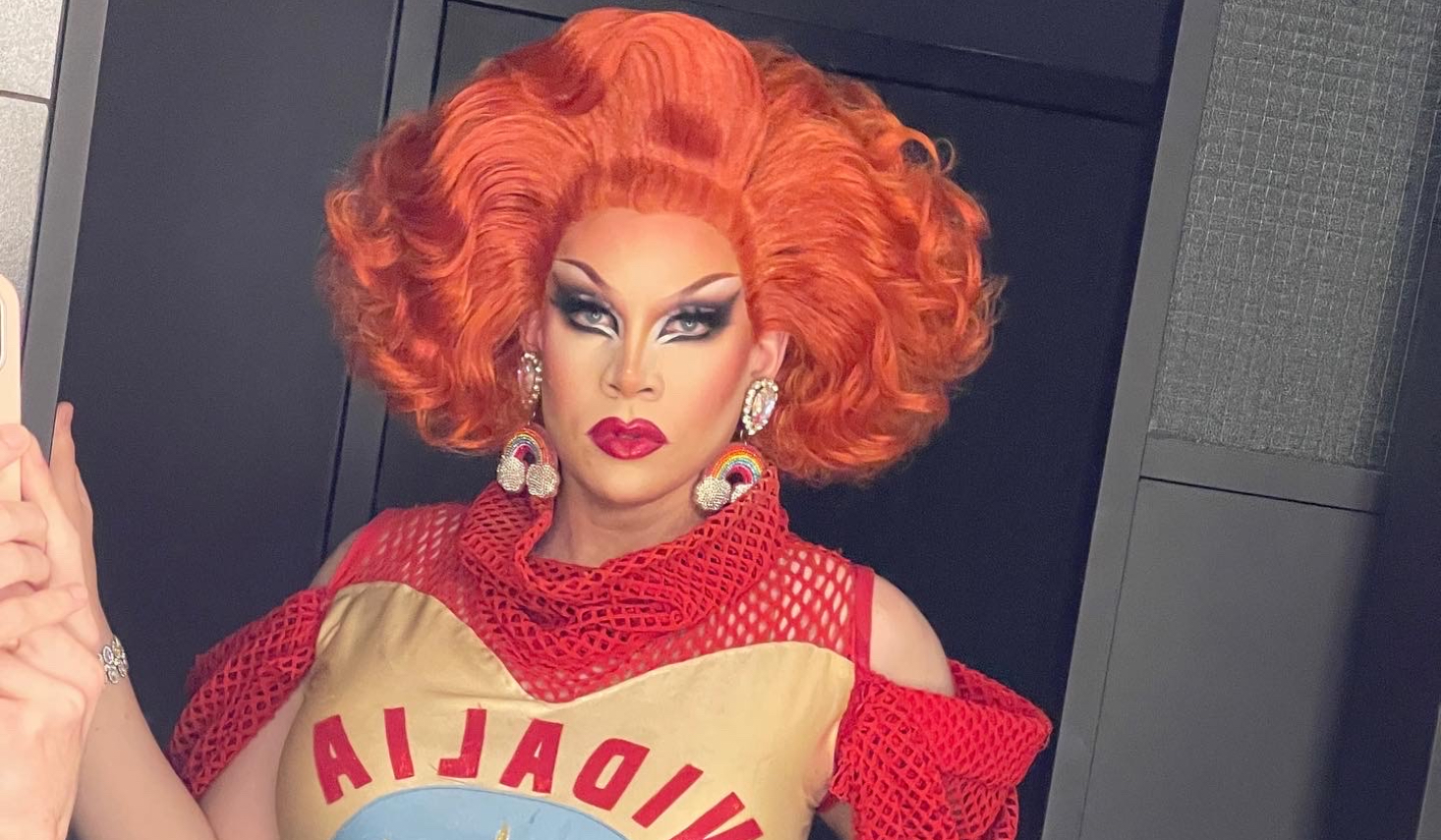
The ramifications of this bill vary depending on how – or if – it will be enforced, the obvious being that it is a huge threat to the careers and livelihoods of drag performers in Tennessee. DeLa, Bella and Vidalia all question its use of the term “male and female impersonators”, the latter of which asks: “What does that mean? What female am I impersonating right now? Nobody looks like this. This isn’t an impersonation of anything, this is a character I’ve created.” DeLa expresses wider concerns that this bill “potentially really extends to trans people being in public places because, if a lawmaker decides that they personally don’t feel trans identity is valid, then they then get to decide idea that they are going to categorise them as an impersonator and then being in a public space is just them existing.” This is something that Bella is also distressed by as, out of drag, she is a non-binary person who could be negatively impacted by the bill’s obscurity. “I still present frequently in clothing that does not conform to my gender assigned at birth and I have worries that a legislation this sweeping and vague could be used by somebody who sees me in public, in a dress, and thinks that I’m being obscene in front of their children,” she says. “So, for me, it’s the concern of how vague a lot of the language is and what the true nature of the law is about.”
Lawmakers behind many of the anti-drag proposals often allege that drag is somehow harmful to children, though fail to produce any evidence of this being the case. One of the Tennessee bill’s sponsors, the aforementioned Chris Todd, went as far as calling drag shows “child abuse” no matter what they contain and said they are “trash” and “inappropriate” for minors due to people being “naked and twerking” in front of them. This idea fails to recognise the breadth of drag that exists and that, like any other art form including film, TV and music, there are variations of it which are and are not suitable to people of all ages. “When I was a kid, everyone in my junior high was watching American Pie and loved it,” DeLa recalls. “It’s talking about sticking musical instruments up your privates and it’s all fucking a pie, you know? It’s like, why, when these straight, white kids are doing this is it acceptable? And parents get to decide like, ‘Oh, I don’t want my kids to see that’, but they’re not trying to ban it. They’re not trying to burn the book. It’s just so confounding and the idea that people really don’t seem to see, that going from the idea of, ‘I don’t think it’s a good idea for children to see this’, leaping from that to, ‘I think it should be against the law’. I don’t understand how to bridge that dissonance. I don’t understand what to say to change people’s minds about that.”
“I'm not going to comply with this legislation because I don't agree with it and I don't think that a just society obeys and upholds unjust laws” - Bella DuBalle
Todd illustrates the point that, most of the time, if you drew a Venn diagram of those stating drag is a danger to children and those who have no idea of what drag actually is, you would end up with a perfect circle. He himself recently spearheaded most of the public backlash against a family-friendly drag show due to take place at a Pride event in Jackson, Tennessee, only to later admit that he had “not seen” the contents of it or made any effort to speak to the organisers or performers about what it would entail – instead assuming that it would be inappropriate for minors. The show was ultimately limited to participants aged 18 and older, with a court ruling detailing a number of violations that the event could not breach, such as “indecent exposure, public indecency, sale, loan or exhibition of materials to minors and sexual exploitation of minors.” Vidalia points out Republicans touting the idea that drag is overly sexualised are forgetting one thing: “The sexual nature of something, or perceiving something as sexual, is just that – it’s perceiving,” she says. “It’s the burden of the beholder. Nothing is inherently sexual. What you choose to take out of that, that’s your problem. Your puritanical shame is not society’s problem.”
Data from The Trevor Project’s 2022 National Survey on LGBTQ+ Youth Mental Health demonstrates that rates of suicidal thoughts have trended upward among LGBTQ+ young people over the last three years, with 45 per cent having seriously considered attempting it in the past year. “These laws keep talking about protecting kids,” Bella states. “And my question is, what about the queer kids? I meet queer and trans youth at my brunch every single Sunday and many of them have never experienced a safe space or sense of community and I worry that, if this law is upheld, it will take away their access to this safe space.” Bella explains that all drag performers like she, DeLa and Vidalia are trying to do is “provide a safe space for these kids so that they can grow up happy and healthy,” adding that no one is forcing parents to bring their children to any type of drag-related event. “They freely have to come in and access it and all we want is for these parents to maintain their right to bring their kids to a space that they feel is appropriate,” she explains. “I think queer families are just being discounted in this whole argument.”
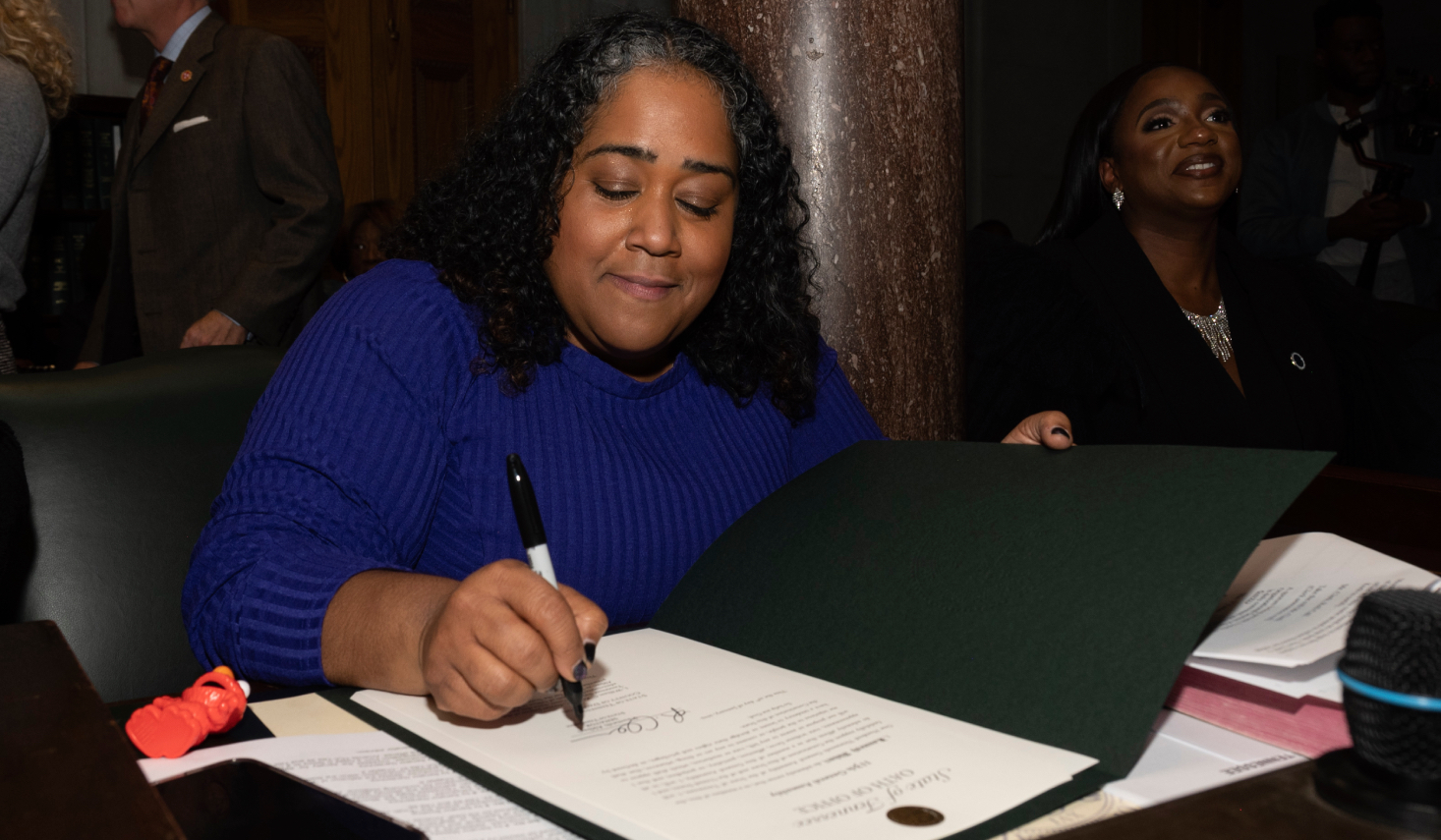
The Trevor Project also learned that LGBTQ+ youth who live in a community that is accepting of LGBTQ+ people reported significantly lower rates of suicide attempts than those who do not, while the vast majority (89 per cent) of respondents said seeing LGBTQ+ representation on TV and in movies made them feel good about their identity – showing the importance of having role models to look up to. This is something that is “very personal” to DeLa, who shares: “I thought about suicide constantly growing up and it was the tiny glimmers of seeing a queer community out there, and they were small and they were slight, that kind of made me think, maybe it’ll be okay – but I barely made it through. I barely lived to adulthood.”
Senator Raumesh Akbari, Tennessee’s state Senate minority leader, was one of only six senators to vote against SB003 – all of which were Democrats. “I think this bill is a law searching for a problem,” she tells GAY TIMES. “The drag community has been well supported across the state of Tennessee. It is an excellent form of expression, art and entertainment and this legislation was really a baseless attack on that community and that profession, so I definitely don’t support it.” Senator Akbari has been to a number of drag shows, brunches and even bingos, including at the Atomic Rose, which she says were mostly “family-friendly” and, if they weren’t, children were not allowed – meaning this legislation is not solving an issue that currently exists. “I’d say it’s really just a fun expression,” she continues. “It’s not anything that is lewd or anything different as far as exposure of skin or anything else from cheerleaders or something like that.”
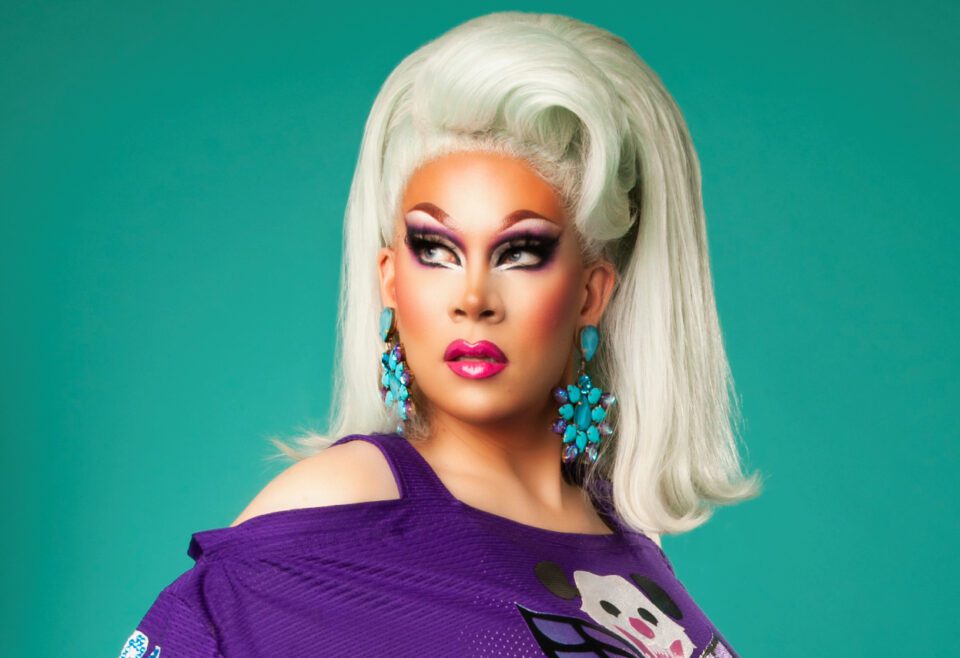
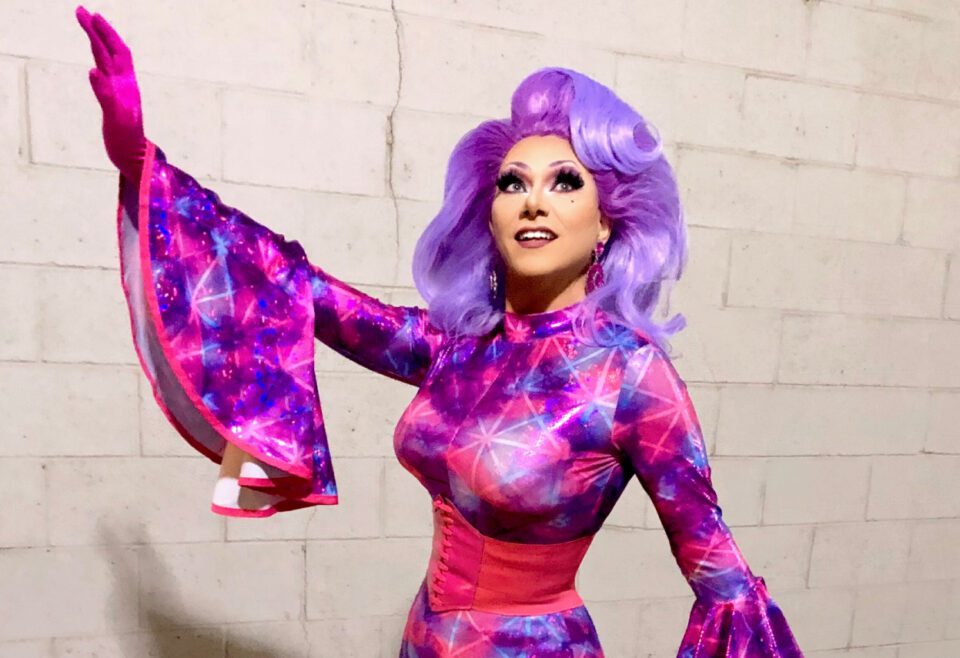
The art of drag is synonymous with both LGBTQ+ culture and the ongoing fight for equality, particularly in the US. Not only were drag performers on the front lines of the Stonewall uprising in 1969, shows like RuPaul’s Drag Race have been an undeniable force in boosting representation, bringing the community’s stories to the mainstream and making drag more accessible than ever before. Yet, anti-drag bills like the one passed in Tennessee are being met with silence by allies. Many high profile stars who have profited off of drag are yet to speak out against these bills in any capacity, while a lot of those who have simply taken joy from it are ignoring the legislation as it doesn’t affect them yet. Bella says she has “seen too much silence” and wants “to see our allies standing up and speaking out” against SB003. “I want to see them making noise about what’s going on and raising awareness of how important it is for us to use our voices,” she explains. “Maybe you use your voice by talking to people in person. Maybe it’s posting on social media. Maybe it’s getting out and voting…We need them to show up.”
DeLa adds that “we need to be angry and we need to be convincing people,” but not those “who already give a shit” about attempts to restrict drag. “We need to be telling the people who are not engaged and don’t see how it matters and are not connecting those dots, who are seeing the drag bans as something that’s not really a big deal because they still aren’t connecting the dots to why it is,” she says. “That’s what needs to be vocalised. We’re not going to change the minds of people who hate us. We’re not going to change the mind of people who already agree with us and we don’t need to, but we are potentially going to change the mind of all those people in between who just don’t see that it’s a big deal.”
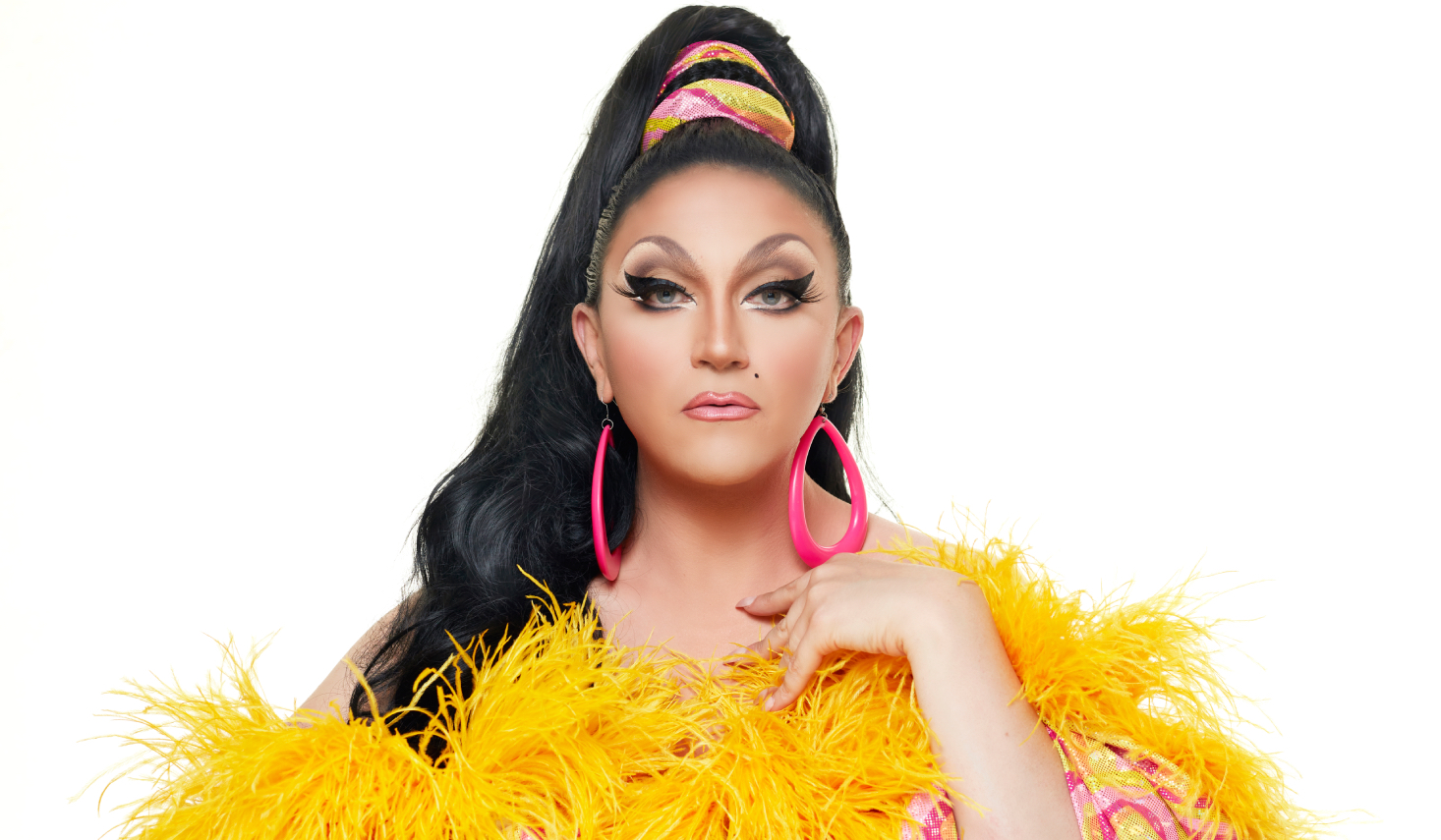
Tennessee might be the first US state to introduce a drag ban, but it’s unlikely to be the last as similar bills make their way through various legislatures. “I definitely think voting is a big deal,” Senator Akbari says of how LGBTQ+ people and allies can help prevent legislation like this advancing in the future, though she points out that some “districts are so gerrymandered that the legislature really doesn’t reflect the true nature of the political atmosphere.” GLAAD’s 2020 Post-election Poll of registered LGBTQ+ voters showed a “phenomenal turnout” from the community, with 93 per cent of respondents having voted in the presidential election that year – 25 per cent of which were first-time voters. “If I have to, 150 feet from the entrance, set up and do a meet and greet where you can only take a picture if you bring me your ‘I Voted’ sticker, I will do it,” Vidalia declares. “But the first thing we have to worry about is who’s going to enforce it? So we need to pay attention to who’s running for district attorney, who’s running for judge, who’s running for police commissioner. Those are the people we need to be paying attention to. Those are the people that we need to be finding community members who would fill those roles well and placing them in those positions to the best of our ability. And that’s why the local elections matter so much. So much.”
Bella says that SB003 “is vague, it is overreaching and it is absolutely unconstitutional,” emphasising the importance of LGBTQ+ people and their allies uniting against it and similar bills on the horizon: “If trans people and drag artists are in the periphery, maybe they’re the easiest target. But once they have us, they will keep coming. So for me, it’s important to galvanise not just the queer community, but the larger community to realise that we have to stand for one another. It can’t just be freedom of speech for me and not for them. It has to be for everyone.” Currently, there is nothing to suggest that the law won’t take effect as planned on 1 April. If it is enforced in the way many are fearing, it will undoubtedly limit LGBTQ+ visibility for many of the children who need it most. “I hope they know we’re out there, we will continue to be and we’re not going anywhere and that we’ve been very lucky to be in a generation where there is a lot of visibility, but there hasn’t always been and we made it through then too and we can do it again,” DeLa promises, urging people to remember that the anti-LGBTQ+ rhetoric we are seeing in 2023 is nothing that the community hasn’t already overcome. “We made it through once, which, instead of ruminating on the fact that we’re being so set back, please really focus that we already have the evidence that we can get to the other side, so we just need to do it again – and the first time we didn’t even know what could be done and now we know what can be.”
